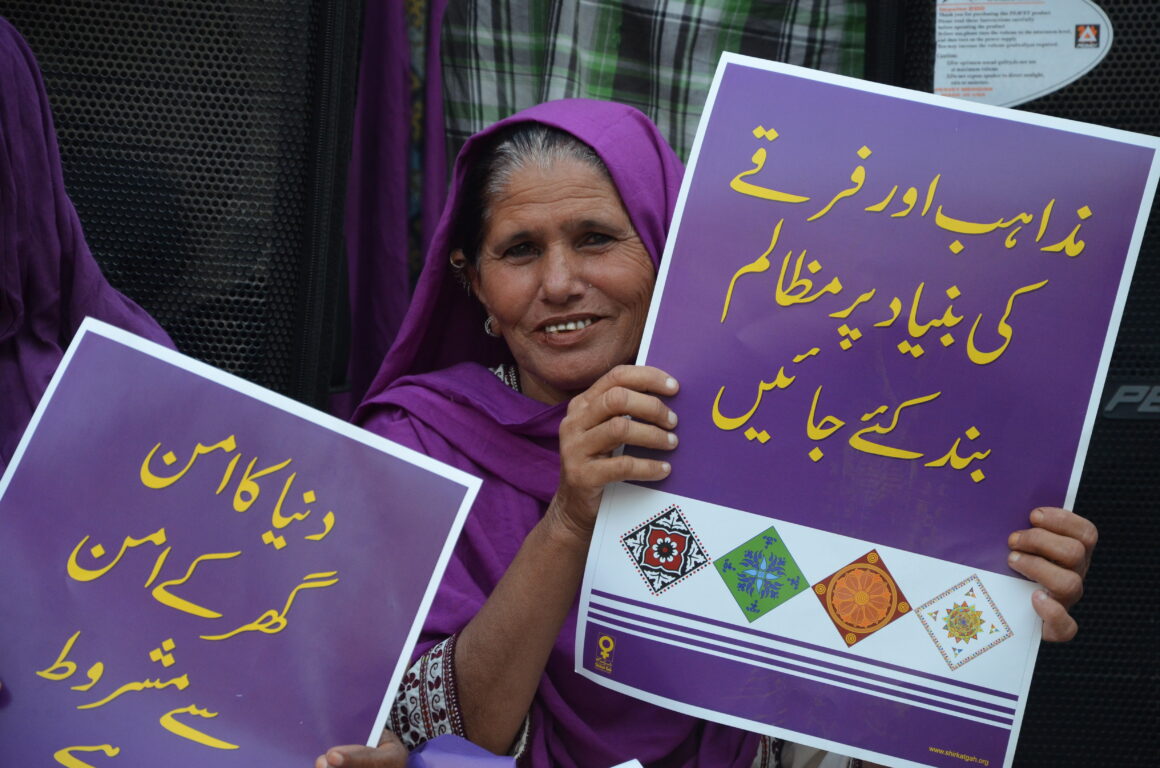WLUML’s Women’s Empowerment and Leadership Development for Democratisation (WELDD) programme aimed to support young feminist activism through capacity building on transformative feminist leadership, to better equip them in their activism for socio-political change in Muslim contexts. WLUML held a series of multi-country workshops for young feminists in the Middle East and West Africa towards this goal.
Over a three-year activity period WLUML capacity built and trained over a 1000 women from 27 countries over eight global south regions. The funded projects mainly worked on capacity building and advocacy activities to combat Cultural Violence Against Women (CVAW). The projects were led and carried out by local feminist organisations, in Nigeria, Sudan, Afghanistan, Iraq, Senegal, Indonesia and one other country. WLUML additionally developed and delivered an extensive programme of feminist leadership workshops focusing on political participation. Nine regional feminist leadership workshops, of 5 – 7 days duration, took place in Senegal, Egypt, Indonesia, Lebanon and Gambia, bringing together a total of 177 participants, 45 trainers and support staff from 27 countries in Africa and Asia. The vast majority of participants were new contacts for WLUML and brought new young activists and potential leaders into the WLUML network.
Over the last three decades, the growing power of extremist groups organised around identity politics has been a major cause limiting the range of choices available to women living in Muslim majority contexts. These disempowering forces continue to exert increasing pressure on people, especially women, to embrace ever more narrow definitions of self, such that their multiple identities based on gender, citizenship, class, religion or ethnicity are reduced to one single, imposed identity; a reduction to the ‘right’ identity. It was in this context that the WELDD program sought to bring together the collective strength and voices of youth activists to empower themselves through critical and culturally- based analyses and strategies, to support themseves as transformative leaders to advance women’s human rights and gender equality within Muslim contexts.
The programme contributed to significant and positive changes – medium-term impacts included several policy and legal changes in Afghanistan, Iraq and Indonesia. An online WELDD portal, was developed and dedicated to feminist leadership, as a repository of knowledge and resources.
Related Links:


